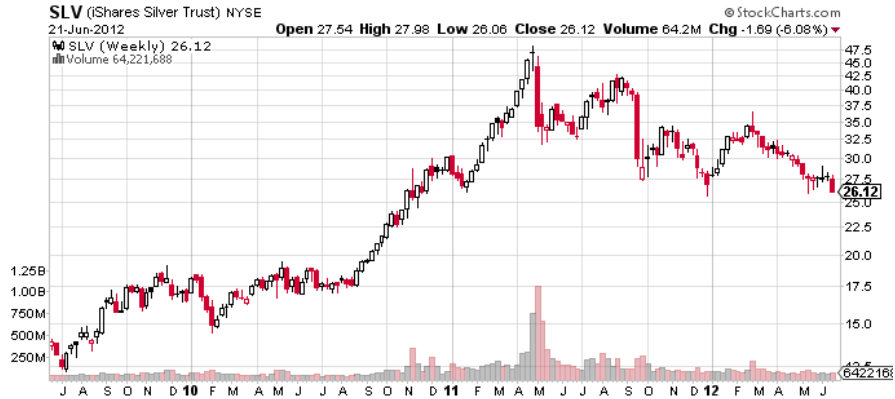We are going to post this directly from the full article because it is such a great piece about Financial advisors fees.
"Brokers, Financial Advisors, & Investing for the Wealthy
- The
traditional broker-client relationship is crippled by a fundamental
conflict of interest: the broker is not directly compensated for giving
objective advice, and is incentivized to maximize fees (My Broker’s an Honest Fox). - Asset-based-fees
go some way to reducing brokers’ conflicts of interest. But they don’t
solve all conflicts of interest, they incentivize the broker to spend
too much time prospecting for new accounts, and they take a sizable
chunk out of clients’ investment returns (Asset-Based Fees to the Rescue). - Asset-based-fees could cut investor returns by 25% based on current market forecasts (But What if You Saved $275k Annually?).
- Many
independent financial advisors also charge-asset based-fees. If you
need to consult a financial advisor, it’s generally better to negotiate
an hourly fee instead (Financial Advisors). - Commoditization
of financial products – particularly of index funds and online
brokerage services – has steadily driven costs down and improved
product quality. Fees for less commoditized financial products, such as
managed accounts and actively managed mutual funds, have actually
risen. As a result, wealthy investors shMe, Use an Online Broker? But
I’m Rich!). - Separately managed accounts are the darling of
the investment industry because they attract wealthy clients and charge
hefty recurring fees. But the overall underperformance of investment
managers versus their index benchmarks (Why You Shouldn’t Buy Mutual Funds) and the crippling impact of high fees (But What if You Saved $275k Annually?) means that separately managed accounts are generally a bad deal for investors (Separately Managed Accounts (SMAs)). - Most wealthy investors over-estimate their need for investment advice. Management of a portfolio of eight to twelve ETFs (A Core ETF Portfolio) in an online account (Which Brokerages Come Out Best?)
is easy and not time consuming, and likely provides better
diversification and overall performance than most High Net (financial)
Worth financial services using individual stocks and mutual funds (What Not To Do). - For
a $10 million account, a basket of ETFs managed in an online brokerage
account should outperform an asset-based-fee account targeted at
wealthy individuals by about $275,000 per year, by my estimate (But What if You Saved $275k Annually?). - If
you need customized advice and products, split your assets between an
active manager and an online brokerage to minimize fees. Use the online
brokerage to manage the majority of your assets in ETFs. Ensure that
the active manager is directly compensated for objective advice, fully
discloses all fees, and provides a fully documented track record (What to Do With What’s Left?)."



